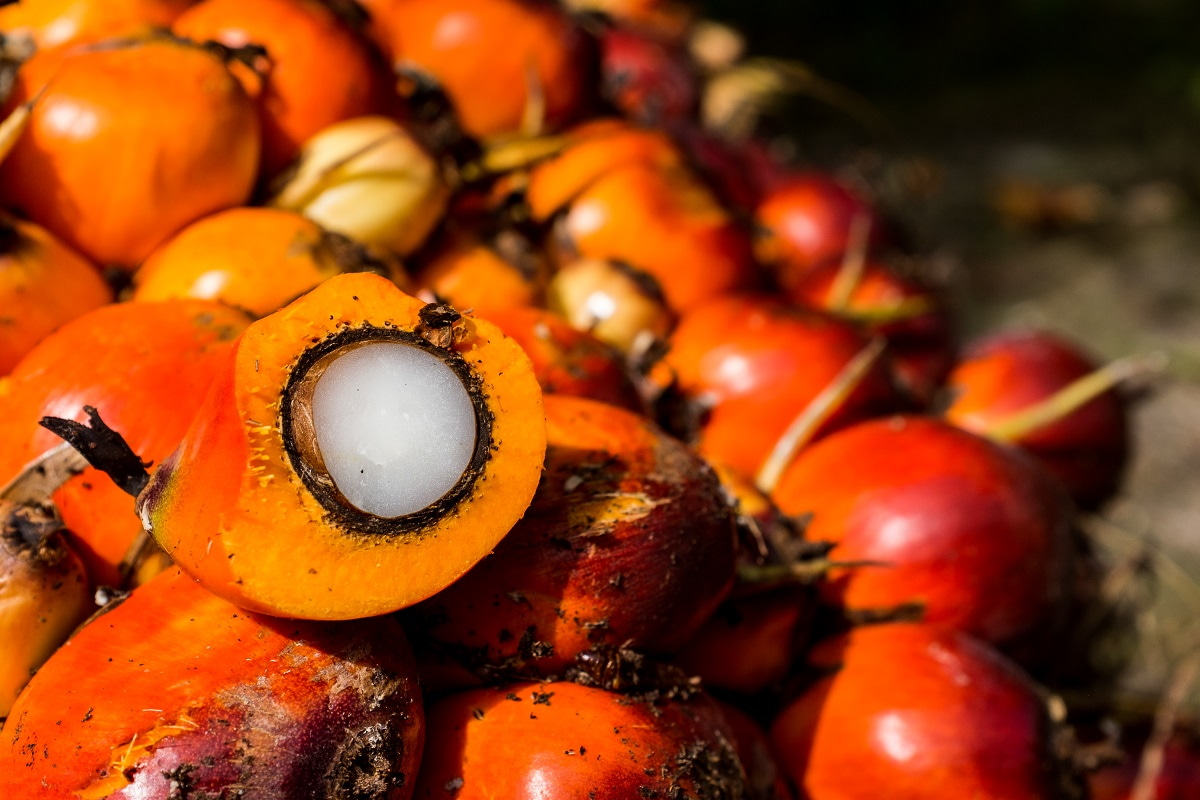Indonesia, the world's largest palm oil producer, is at the forefront of a regulatory storm. The country’s palm oil industry faces significant disruptions due to the European Union’s adoption last year of the Deforestation-Free Products Regulation (EUDR). This marked a significant milestone in global trade policy, aimed at reducing deforestation driven by agricultural commodities, such as palm oil, and requiring suppliers to provide proof of their products’ environmental sustainability. While the EUDR addresses the urgent ecological crisis, it also presents complex challenges for international trade, economic development, and the livelihoods of millions of smallholder farmers.
Indonesia’s Coordinating Ministry of Economic Affairs has expressed deep concerns about the potential loss of access to the EU market, which could have far-reaching consequences for rural communities and the broader Indonesian economy. Malaysia, the world’s second-largest palm oil producer, has also raised concerns about potential disruptions to its supply chain.
Indonesia’s government and farming sector have shown support for the EUDR internationally, but remain cautious due to concerns about benchmarking and other processes.
As these concerns mount, the regulatory landscape is evolving. Initially scheduled to take effect at the end of 2024, the EUDR has now been delayed by the European Commission. As of 2 October, large companies will have until December 2025 to comply, while small enterprises have a deadline of June 2026. This decision and the issuance of new compliance guidance have garnered mixed reactions from stakeholders.
Environmental organisations have met the proposed delay with scepticism. Julian Oram of Mighty Earth argues that the delay is an act of environmental vandalism, causing more industrial destruction of tropical forests and threatening people and wildlife. The Rainforest Alliance also regrets the delay, viewing it as a contradiction to EU commitments to halt climate change and global biodiversity loss, setting a dangerous precedent for reopening crucial regulations and directives as part of the EU Green Deal.

Nevertheless, Indonesia’s government and farming sector have shown support for the EUDR internationally, but remain cautious due to concerns about benchmarking and other processes. They suggest a postponement of two years, not just 12 months. Similarly, Belvinder Sron, CEO of the Malaysian Palm Oil Council (MPOC), described the postponement as a sensible step, providing relief for businesses preparing for the complex regulatory demands of the EUDR. He praised the delay as a victory for common sense.
The key EUDR requirements lie in the issue of traceability and transparency – a significant challenge for Indonesia and Malaysia’s palm oil industry. These countries’ palm oil supply chains rely heavily on individual smallholder farmers, accounting for41 per cent and 27 per cent respectively, many of whom lack the technology and resources necessary to implement comprehensive traceability systems. The complexity of the situation is further compounded by a lack of awareness among many palm oil producers about the EUDR and its implications. This knowledge gap highlights the urgent need for extensive training and information dissemination programs to bring the industry up to speed with the new requirements.
In addition to technological advancements, incentives are a vital tool to ensure that commitments lead to implementation and actions on the ground.
Establishing knowledge hubs is essential for delivering comprehensive information about the EUDR requirements, including the intricacies of certification processes and compliance standards. A study by the Stockholm Environment Institute proposed these hubs can function as dynamic platforms that facilitate training sessions and workshops, providing smallholder farmers with hands-on learning experiences tailored to their specific needs. Moreover, by disseminating localised educational materials in native languages, these hubs ensure that critical information is accessible and easily understood by all stakeholders.
To further support effective traceability, providing affordable and innovative technology solutions is essential. One promising approach involves the development of user-friendly geolocation tools that can empower smallholders to accurately map their plots. Importantly, these technological solutions must be designed to integrate seamlessly with existing agricultural practices, minimising disruption and ensuring that smallholders can adopt new systems without overhauling their established methods. For instance, a farmer group in Indonesia’s Central Kalimantan Province participated in a four-month trial of the ITraceability app, developed by PT Surveyor Indonesia. While there were initial questions and concerns, as time went by, the smallholders started to understand the importance of fresh fruit bunches (FFB) traceability.
In addition to technological advancements, incentives are a vital tool to ensure that commitments lead to implementation and actions on the ground. The case studies from Malaysia and Indonesia demonstrate that a variety of incentives can effectively support smallholders in producing palm oil sustainably. These incentives include direct monetary compensation for certification or legal costs, as well as training for specific technologies. A combination of incentives often yields the best results, and once successful, can lead to the inclusion of smallholders or cooperatives in innovative funding structures, jurisdictional approaches, and more.
The postponement of the EUDR will be crucial as Indonesia, Malaysia, and the EU navigate the complex terrain of environmental regulation, economic development, and international trade. By establishing knowledge hubs, affordable and innovative technologies, and financial incentives, these countries will be able to engage in meaningful dialogue about sustainable practices that balance economic interests with environmental responsibilities. The balance struck during this transitional period could redefine not only regional economies but also the international community's commitment to combating deforestation and promoting sustainable practices across agricultural sectors.

